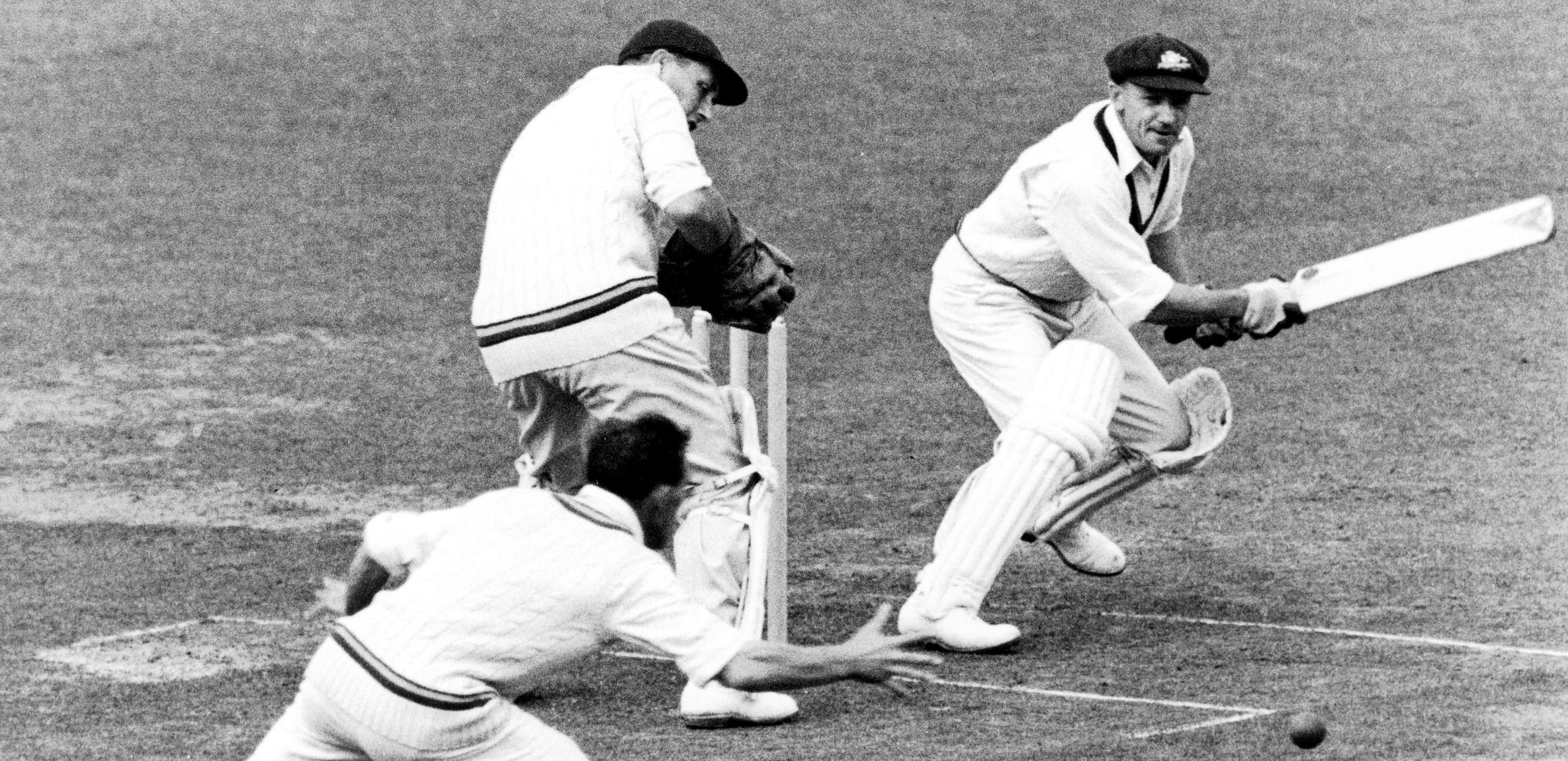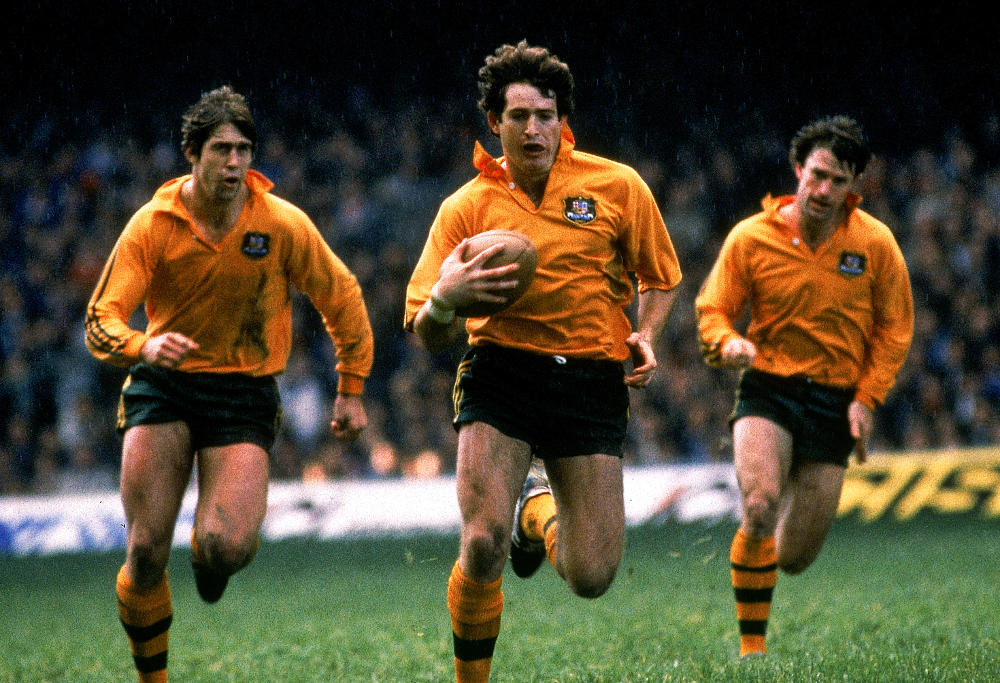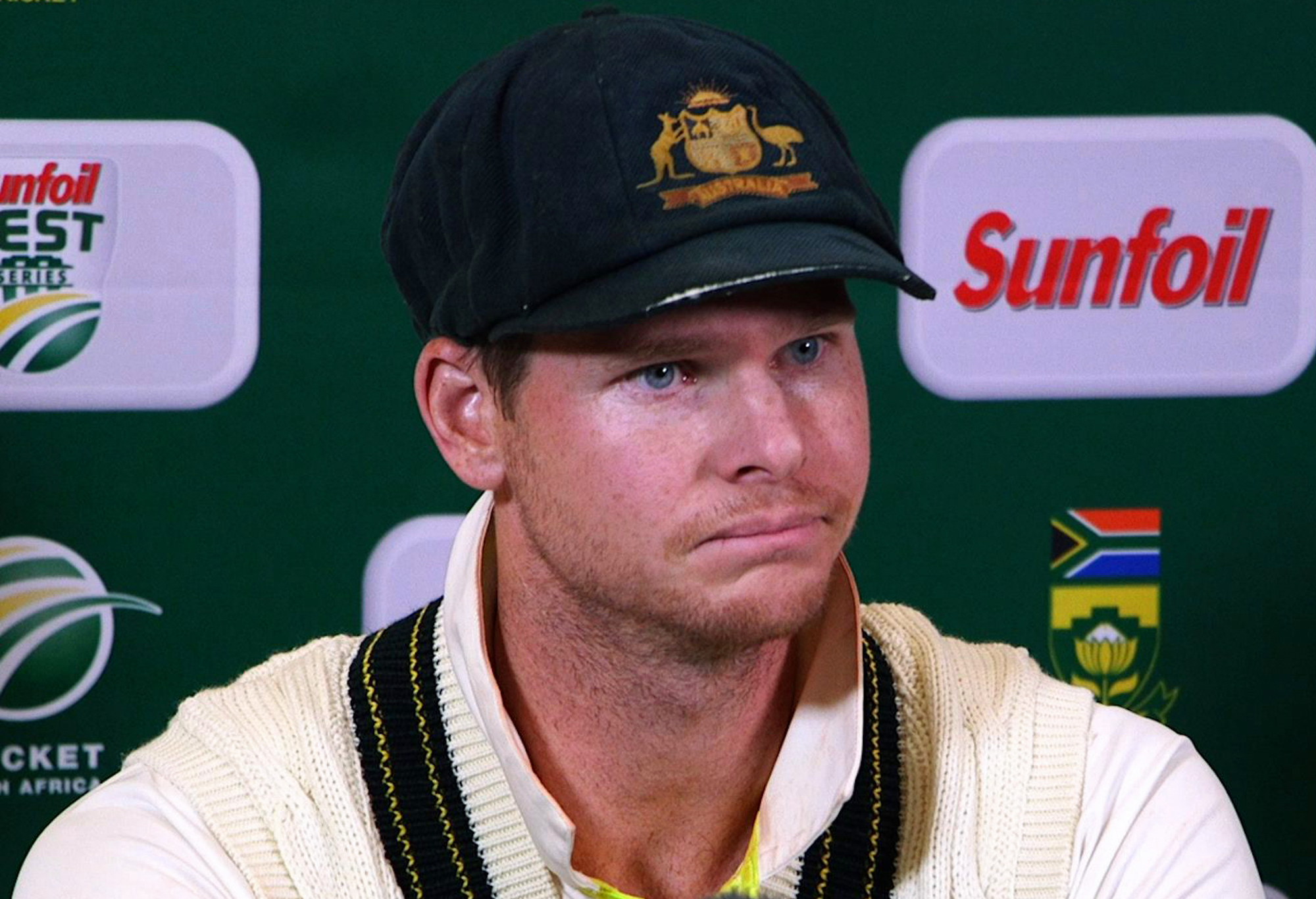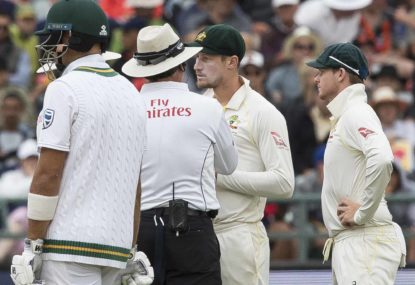I was nine years old when Don Bradman scored the most famous duck in history in his last Test at The Oval in 1948.
There was no television in those days, so I had to jump a tram two days later to top of the Wynyard ramp in Sydney to watch black and white newsreel coverage of how my first sporting hero was bowled by little known leggie Eric Hollies.
It was a devastating exercise, how could the greatest batsman of all time end his career by being bowled for a duck?
The newsreel was a continous 90 minutes, so I sat through a whole lot of uninteresting footage until The Don’s duck came up again just to devastate myself one more time.
That was the first time I was really disappointed, I even had tears I revered hm so much.

(Photo by S&G/PA Images via Getty Images)
It took until 1960 for the second when Herb Elliott caught everyone by surprise by retiring at 23 after winning an Olympic 1500 metre track gold in Rome, smashing his own world record by half a second.
“I have nothing more to prove,” was his explanation, denying his many fans around the world who marvelled at his consumate ease as the greatest miler/1500 athlete, never beaten over either distance.
Elliott was a magnificent athlete, and he went out on a massive high by beating Frenchman Michael Jazy by 27 metres, still to this day a record Olympic 1500 margin with a three second gap.
His time that memorable day of 3.35.6 was so sensational he would have won seven of the next nine Olympics over 36 years.
But it was a bitter disappointment when Herb Elliott called it a day so early, watching him was sheer poetry in motion.
Just like Ken Rosewall’s backhand.
‘Muscles’ deserved many more Slams, but he was ineligible for 40 of them while he was a pro and the Slams were amateur.
His biggest dsappointment was not winning Wimbledon, the only Slam missing on his CV.
Rosewall reached the final at the home of tennis four times, only to lose to Jaroslav Drobny in 1954 in four sets, to his tennis twin Lew Hoad in 1956 in four, and John Newcombe in five in 1970.
But for me the biggest disappointment was watching the great Australian being humiliated by the brash American Jimmy Connors 6-1 6-1 6-4 in the 1974 final. It was hardly the way Ken Rosewall should have bowed out.
The 1981-82 Wallabies were the next big disappointments.
Led by Tony Shaw, and coached by Bob Templeton, they were good enough to win Australia’s first Grand Slam.
But the tour was ruined by a bitter Queensland versus NSW confrontation that surfaced after beating Ireland at Lansdowne Road.
Apart from my media responsibilities, I was also the tour leader of 104 Wallaby passionate supporters who joined the tour after Ireland.
They were treated to losses to Wales, Scotland, and England as the confrontation took hold and the tour fell apart.
The disappointment among those 104 supporters was massive, and an indictment of the Wallaby management that allowed that confrontation to fester.

(Photo by Getty Images)
Jeff Fenech was my next disapppoinment in 1991.
Looking for his fourth divisional world title as a super featherweight he fought tough Ghanian Azumah Nelson at the famous Caesars Palace in Las Vegas as the undercard to the Mike Tyson-Razor Ruddock heavyweight title bout.
Over 12 rounds that were so ferocious the hair stood up on the back of my neck, corrupt judges came through with a draw despite Fenech was clearly the winner as Tyson supported later.
The decision left a really bad taste.
Five years later Greg Norman blew a six-shot lead in the final round over playing partner Nick Faldo at the Masters.
Norman fans never got used to the Shark losing, especially in play-offs in all four majors.
But this Masters was very different. How could the world’s number one golfer lead by six and lose by four to Faldo, but still finish second?
It will remain one of international sports greatest mysteries.
Until Steve Smith committed sporting suicide in Cape Town over premeditated ball tampering.
How could such a proud and level-headed player – the captain of his country – destroy the rest of his life when he was on top of the world as the best Test batsman on the planet?
By his own passion and dedication he turned himself from a promising leggie on debut batting eight-nine into a top order run-getting machine averaging mid 60s.
It just doesn’t make any sense.
I’ve been privileged to know every Australian cricket captain from Sir Donald Bradman on with the exception of Michael Clarke, who I never bothered to meet.

Steve Smith faces up to tampering allegations. (STR/AFP/Getty Images)
Steve Smith was right up there with the best, and a top bloke.
Now he’s stripped of his baggy green captaincy, and highly unlikely to ever regain the huge honour.
He’s also been stripped ouf his IPL captaincy, and bit by bit all the doors he has opened through his easy going nature and his decency, are slamming shut.
It’s a sporting tragedy, but Steve Smith has only himself to blame.
He is the biggest sporting disappointment of my life, after giving so much pleasure to millions.
































































































